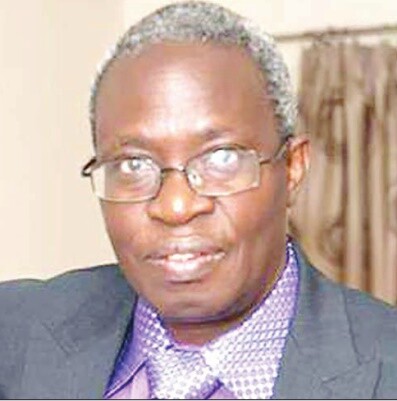
Retired Justice Dunstain Mwaungulu has responded to the controversy over the Supreme Court of Appeal’s decision on death penalty.
There are accusations that Mwaungulu smuggled a judgement into the Supreme Court.
But Mwaungulu has described the court’s ruling on the death penalty as legal imbroglio.
The Merriam-Webster dictionary defines imbroglio as an acutely painful or embarrassing misunderstanding while the learners dictionary says the word means a complex dispute or argument.
In April this year, a panel of nine judges of the Supreme Court ruled that, not only should all prisoners on death row be re-sentenced, but also that no further death sentences should be imposed to anyone in the country.
This followed an appeal by Charles Khoviwa who was in September 2003 convicted of murder and he was sentenced to death. In his appeal, he argued that he was entitled to a re-sentencing hearing.
The nine judges heard the appeal and Justice Mwaungulu was given the role of writing the judgement.
Other Justices in the case were Andrew Nyirenda, Edward Twea, Rezine Mzikamanda, Anaclet Chipeta, Lovemore Chikopa and Frank Kapanda. Apart from Twea who dismissed the appeal, the other judges allowed for a re-hearing.
However, sitting as a seven member panel —Chief Justice Andrew Nyirenda, Rezine Mzikamanda, Anaclet Chipeta, Lovemore Chikopa, Frank Kapanda and Edward Twea — have distanced themselves from Mwaungulu’s ruling.
Justice Anaclet Chipeta said Mwaungulu in the final judgement included pronouncements that were not part of the appeal and on which Mwaungulu did not have any discussion with any of the other eight justices.
Chipeta dissociated himself from other pronouncements by Justice Mwaungulu saying they were made to appear as if they were the opinion of the majority of the Justices of Appeal when they were merely Mwaungulu’s personal opinions.
“He [Mwaungulu] made the constitutionality of the death penalty in Malawi an issue in the present appeal when it was in fact not an issue, and where he has ended up abolishing the said penalty on the pretext that it is unconstitutional, which was no business of the appeal we had to determine,” wrote Chipeta
On his part, Justice Mzikamanda said no party during the appeal or in the High Court raised an issue of the constitutionality of the death penalty.
Justice Twea already dissented in the Khoviwa case as he dismissed the appeal.
Mwaungulu who is now retired has since told the local media that he only gave his colleagues a draft copy of his opinions.
“But they read it and gave it to the public as the position of the court. I now see their opinions inserted in the judgement I wrote. I was entitled to see their opinions before this was made public; that never happened.
“Ask them. They read my judgement in my absence, but I was never shown their opinions that are coming now, why this change of heart?”
The Malawi Law Society has since argued that since there was no majority opinion on the death penalty issue, the death penalty is still part of Malawi’s laws as contained in the Penal Code and recognized by Section 16 of the Constitution.















My judge enawa koma